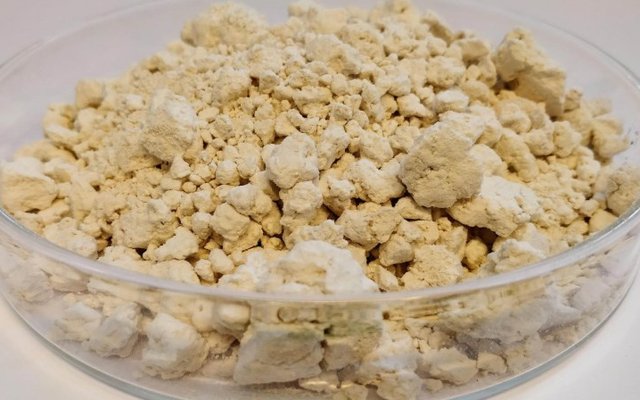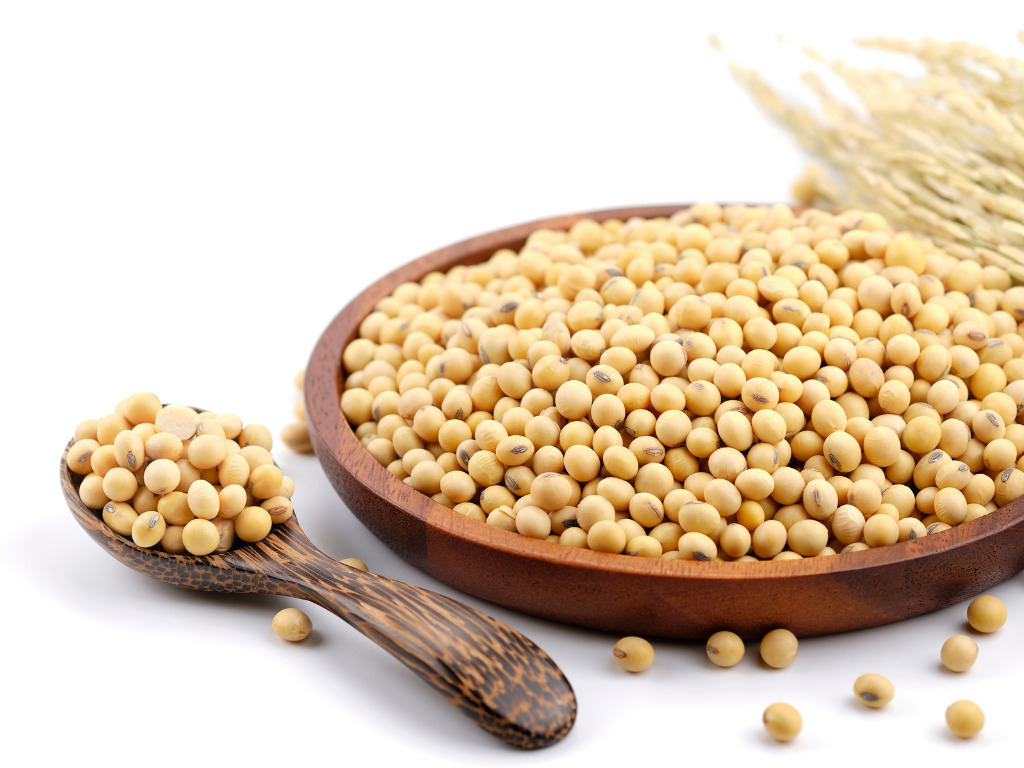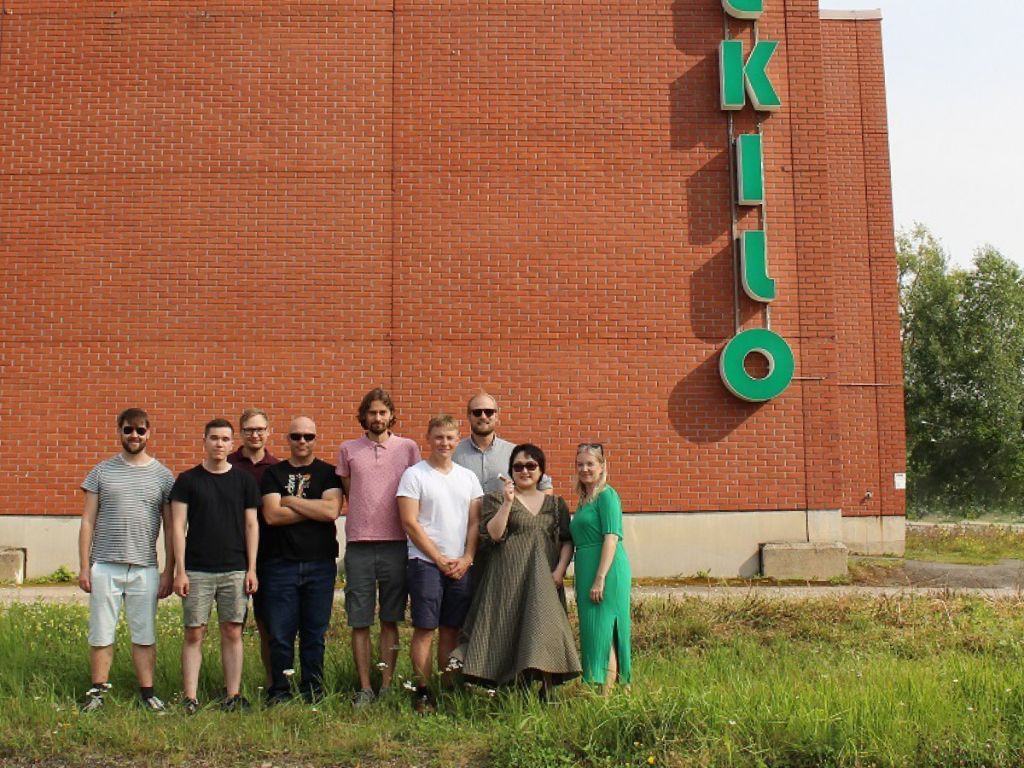EniferBio Raises €11M in a Series A Funding Round for Its Novel Mycoprotein
3 Mins Read
EniferBio has raised €11M Series A funding round for its fungal mycoprotein made from the by-products of food and agricultural processes.
EniferBio says its fresh funding was led by the Dutch aquaculture investment fund Aqua-Spark and joined by Tesi, Valio, Voima Ventures, and Nordic Foodtech VC.
“We are extremely excited to have our new investors Aqua-Spark, Tesi, and Valio join us on our mission to feed the world with sustainable protein,” EniferBio co-founder and CEO Simo Ellilä said in a statement.
“Together they put a huge amount of new sector-specific know-how and networks at our disposal. We’re also glad to see our long-term backers Nordic Foodtech VC and Voima Ventures double down on their bets and show their continued support for our vision,” Ellilä says.

“New, plant-based sources of protein are gaining interest amongst consumers and demand is growing worldwide,” says Tuomas Salusjärvi, Executive Vice President, Growth Businesses and R&D at Valio. “In addition to traditional food production, we also need new ways of producing food that promote the circular economy. eniferBio is a cutting-edge research company that has developed new ways of utilizing the food industry’s side streams in the production of protein. We want to strengthen our cooperation and be involved in developing new ways of producing food to meet the growing global demand for food.”
Jan-Patrick Haikkola, Investment Manager at Tesi, says the production of alternative protein sources has been estimated to have “the best positive climate impact” in relation to the invested capital. Haikkola says EniferBio is at “the forefront of local food tech startups, and it possesses a verified technology, which the team has managed to commercialize. The company is a fine addition to Tesi’s portfolio regarding sustainable food production.”
Mycoprotein powder
The new funds will help the company to scale up its Pekilo mycoprotein powder, which has a carbon footprint 50 times smaller than that of beef and doesn’t require the land or water resources of crops like soy. With funding from Aqua-Spark, the company aims to tackle the challenges of the aquaculture industry, namely the use of soy in fish feed.
Humans consumed 160 million metric tons of farmed and wild fish in 2021, according to Statista, and aquaculture production has overtaken the wild fish catch and is the most rapidly expanding food production sector.

The process used to create Pekilo was originally developed in the 1960s by forestry industry scientists working to create cost-efficient animal feed protein from pulp and paper industry side streams.
The company says it’s working to scale up to “thousands of tons” of the mycoprotein per year. It’s also working on Novel Food approval from the E.U. and other markets.
“The world faces the seemingly insurmountable challenge of doubling the protein supply by 2050 to answer the demand from a larger and wealthier global population, while simultaneously decreasing CO2 emissions from the food value chain,” the company says. “The production of traditional animal- and plant-based proteins cannot be doubled without the planet boiling over, and the world therefore urgently needs novel innovative sources of protein.”
EniferBio says it can upcycle food and forest byproducts, turning them into the Pekilo mycoprotein that’s 70 percent protein, contains 20-30 percent fiber, and ten percent fats and minerals as well as high levels of vitamin B.
“We have a product that turns today’s waste into a high-value ingredient. We can provide the world’s most competitive protein production process and a product that has been tested on an industrial scale for over 15 years. We are now ready for the next phase of scaling our production and product use cases,” Ellilä says.



